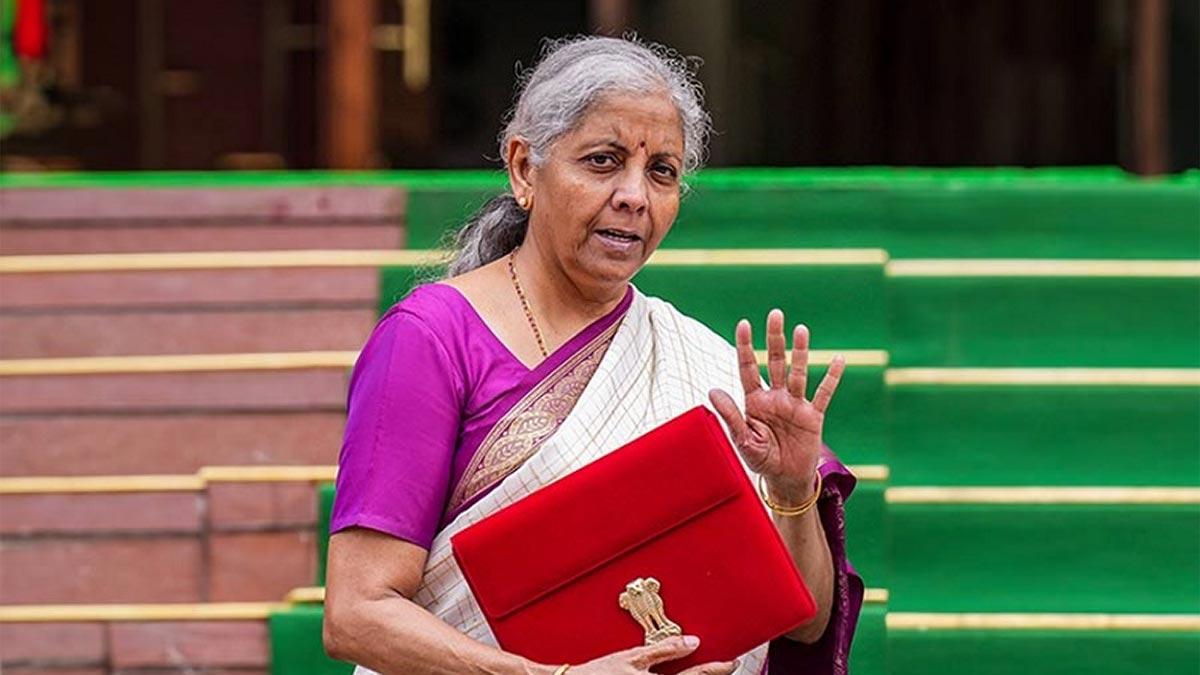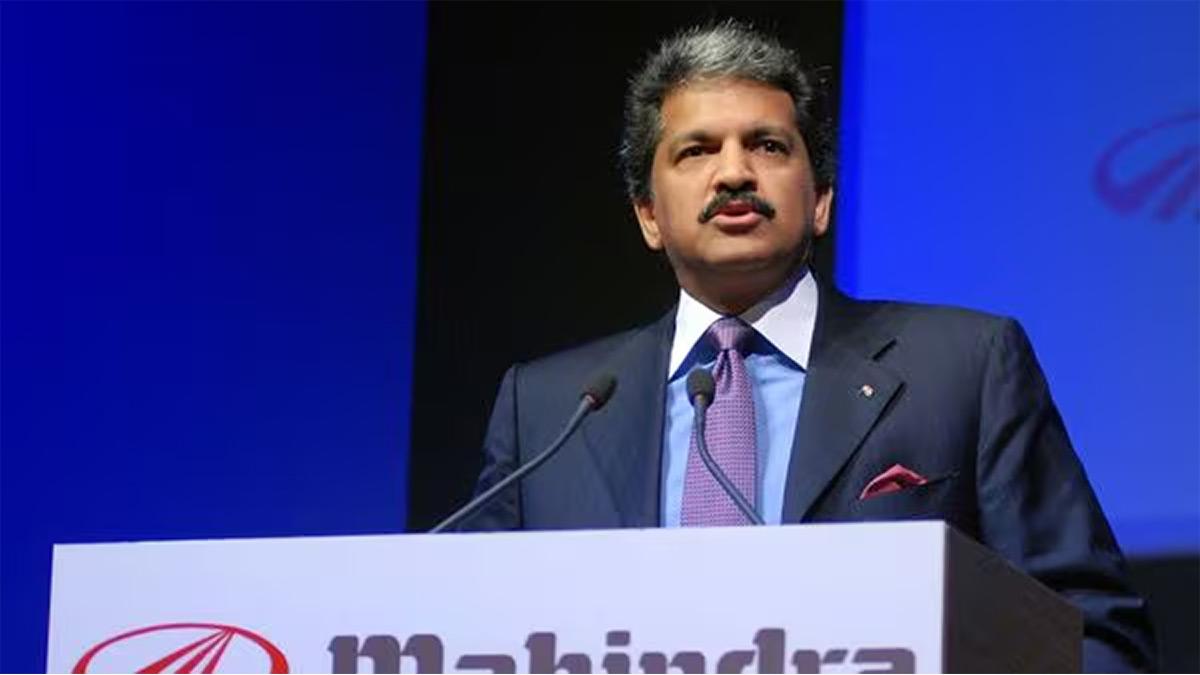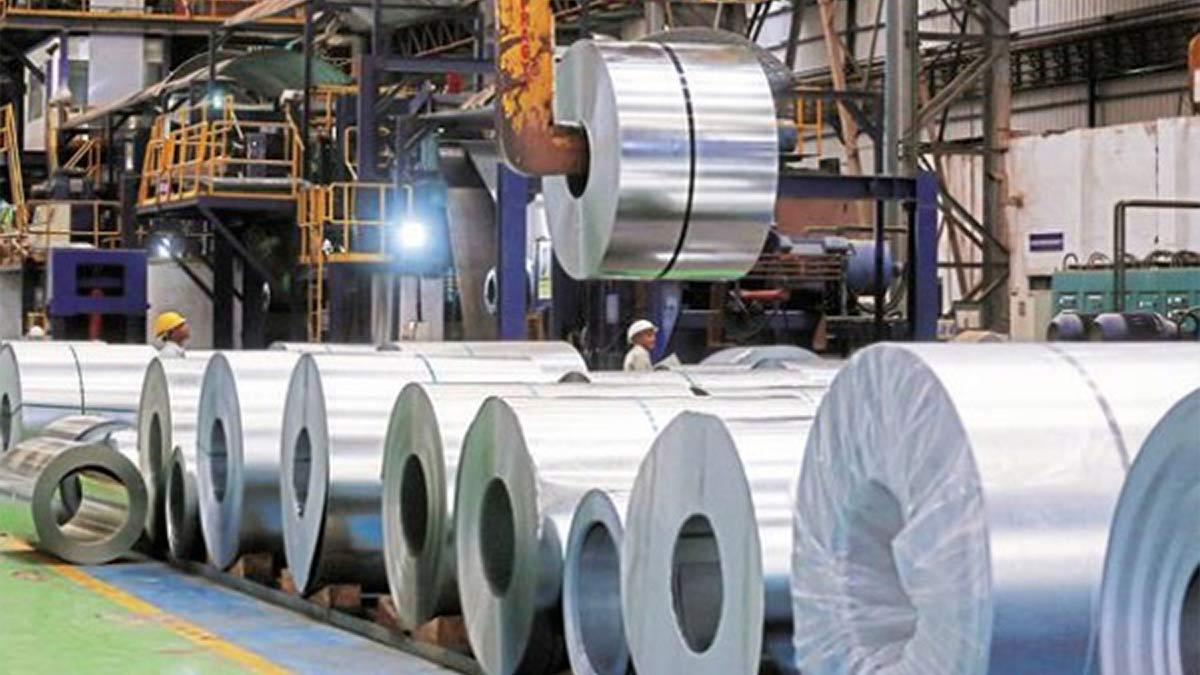The era of low interest rates and easy credit is over in the Asia Pacific region. Amid greater market volatility and slower Asia-Pacific economies, funding access could tighten sharply, said S&P Global Ratings in a report.
Banks, which dominate the region's funding channels, could turn selective. Financing costs have already been rising in Asia-Pacific on the back of volatile global markets. Combined with the ongoing banking turmoil, the region's borrowers could see funding access squeezed, the report said.
"Risk aversion among lenders, investors, and depositors is growing," said Eunice Tan, S&P Global Ratings Head - Credit Research, Asia-Pacific.
"Domestic funding channels (including bank loans) remain available, but the risk remains that banks could turn increasingly selective and curtail lending, given uncertain economic outlooks," Tan added.
According to S&P Global Ratings, inflation remains pronounced in some Asia-Pacific economies, including Australia, India, and the Philippines. Global commodity and energy prices have retreated lately, but with domestic currencies still soft against the US dollar, import prices could remain elevated.
"Weak demand is making it difficult for corporates to pass higher input costs onto customers -- particularly in the building materials, capital goods, consumer products, and metals and mining sectors. Coupled with costlier borrowings, non-financial corporates could face higher stresses and default pressures," Tan said.
The undoing of energy price controls previously provided by some governments (to support households and businesses) could exacerbate inflation. Such inflationary pressures could constrain consumer sentiment and dent demand in the auto, consumer products, media and entertainment, real estate development, and retail sectors, S&P Global said.
Weaker global demand stemming from economic slowdowns would be a drag on Asia-Pacific's export-centric economies.
Capital investments could contract as business confidence wanes. Concurrently, second order effects from the banking turmoil -- tighter financing access and higher risk premia -- could become more pronounced should contagion spread more widely.


















